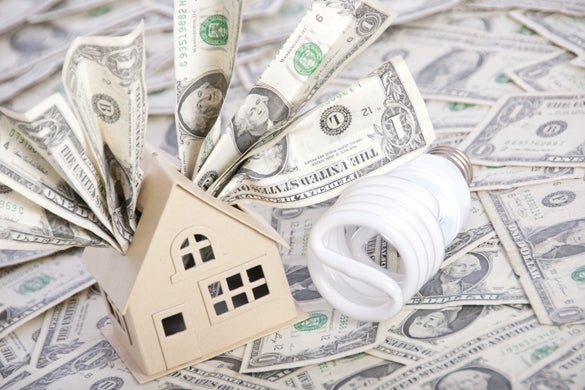No matter if you own your building or lease your space, your firm can benefit from the numerous utility, government, and federal incentive programs aimed at improving building energy efficiency. These programs immediately lower energy costs and guarantee savings in the future.
These projects pay for themselves out of the savings they generate, and typically have attractive paybacks. The savings can be substantial no matter what type of business you operate.
Getting Started
The first step on the path toward energy savings is an energy audit, which for many businesses is completely free through their utility company. This audit shows the dollar savings that can be expected from suggested projects, and it should be done even if the company occupies a relatively new building. If the business has a facility manager, it will be necessary to get them on board with the initiative, as well as the accountants and legal team so they can understand the incentives discussed below.
Utility Programs
With an energy audit, a company’s building can qualify for cash rebates for energy projects, depending on the electric and gas utility provider, which includes investor owned utilities, but not typically municipal power companies. Utilities offer excellent rebates for upgrading systems such as lighting, HVAC, electric motors, and almost anything else that uses energy.
Depending upon the comprehensiveness of the upgrades, the rebates typically will be between 50% and 75% of the total project cost. For new buildings, utilities are offering rebates of up to 90% of the incremental cost of moving up to a more efficient technology.
State Incentives
The most well known state program that exists is Commonwealth Solar, which provides rebates for solar power installations. These rebates vary depending upon factors such as system size, but are quite generous. The Small and Large On-Site Renewables Programs provide rebates for wind power and other renewable systems.
Government Incentives
To further sweeten the pot, the federal government offers tax credits for efficiency and renewable energy projects. Recently the government decided to uncap the 30% tax credit for renewables, which includes solar, wind, and other technologies, adding significantly to the affordability as well as feasibility of these projects. Non-profits can receive grants up to 30% in lieu of the tax credits as part of the most recent stimulus bill.
There are also per-square-foot tax deductions available to building owners who complete energy efficiency upgrades. These deductions are between 30 cents and $1.80 per square-foot depending on the comprehensiveness of the upgrades.
Another avenue for further savings on the federal level is accelerated plus bonus depreciation for renewable energy projects placed in service in 2008 and 2009, and in limited cases, 2010.
Brian McKinley is the principal consultant for McKinley Energy Resources LLC in Shrewsbury and can be reached at info@mckinleyenergy.com.

